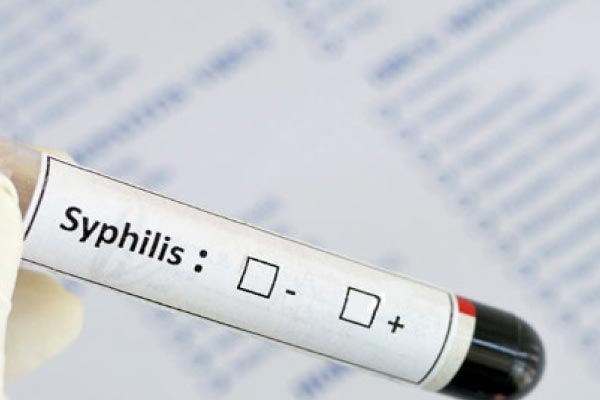Prime
Ask the doctor: Is syphilis hereditary?

What you need to know:
- Syphilis, if not properly treated, can go on from primary, secondary to tertiary, which is said to have turned chronic.
My father has had syphilis for a long time and despite treatment, it keeps recurring. Do I have syphilis as well? Bulaimu
Dear Bulaimu,
Syphilis is a highly contagious sexually transmitted infection that can also be transmitted from a mother to their child during pregnancy or childbirth.
Fortunately, due to proper screening and effective treatment of pregnant women during antenatal care, the latter transmission is now rare.
In Uganda, many people think syphilis is hereditary, whereas not. This is probably because of its mother to child transmission or the Bejel non-venereal type of syphilis that was common in the 19th century. Bejel is not common nowadays and was transmitted through non-venereal ways including mouth-to-mouth contact or sharing of domestic utensils, hence easily affecting the whole family.
Syphilis, if not properly treated, can go on from primary, secondary to tertiary, which is said to have turned chronic.
However, some of the tests that are done for syphilis may show syphilis even in absence of infection (false positives) and some other tests are not specific for syphilis.
These may show that one has syphilis when in actual sense one is suffering from other conditions, including bacterial infections such as tuberculosis or even in pregnancy.
In Uganda, we mostly use screening tests such as Venereal Disease Research Laboratory (VDRL) test for syphilis, which may be positive long after the disease has been cured.
These and some other tests for syphilis that use substances called antibodies may be erroneous since the antibodies produced as a result of a syphilis infection can remain in the body even after the syphilis has been treated and cured.
This then requires carrying out other tests to confirm whether or not one has syphilis.




